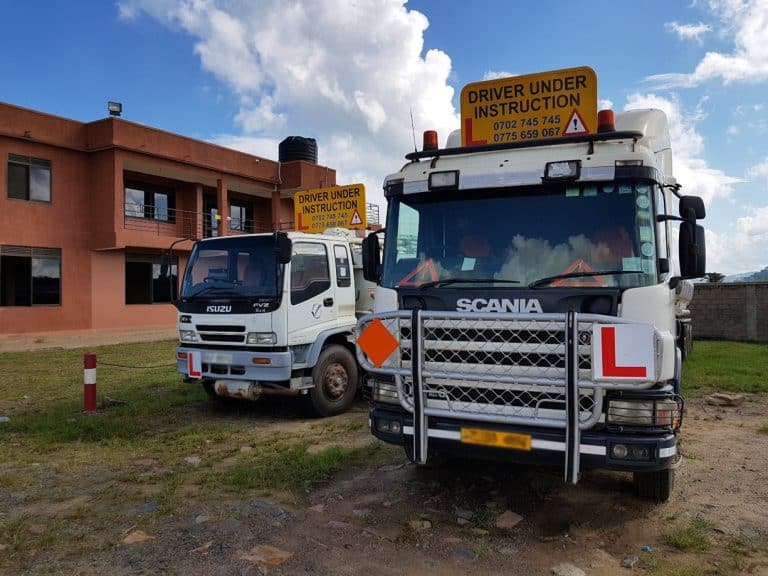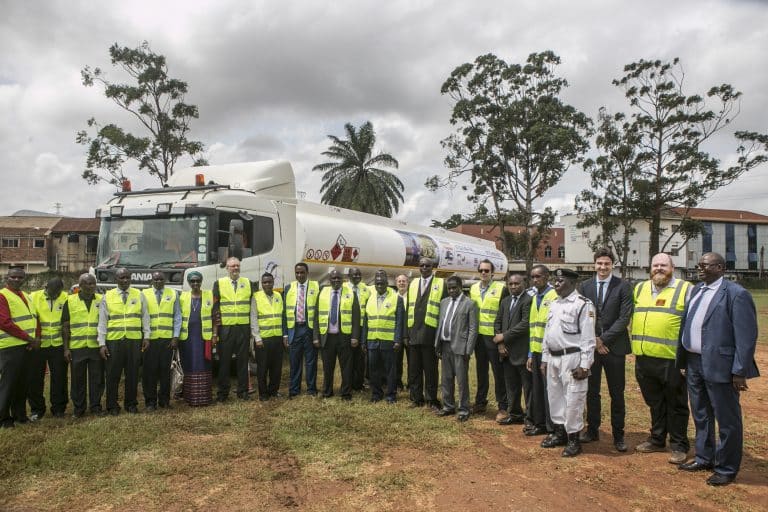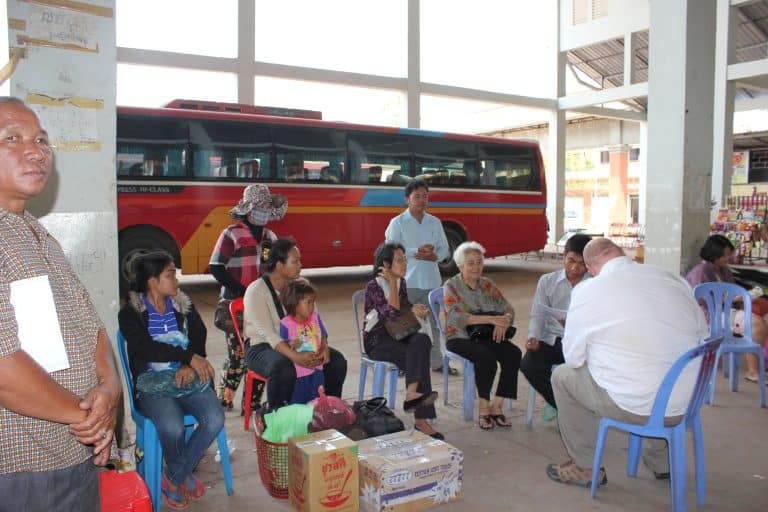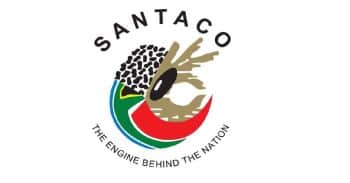Our Programmes

DRAIVA: Transporting Cargo Safely
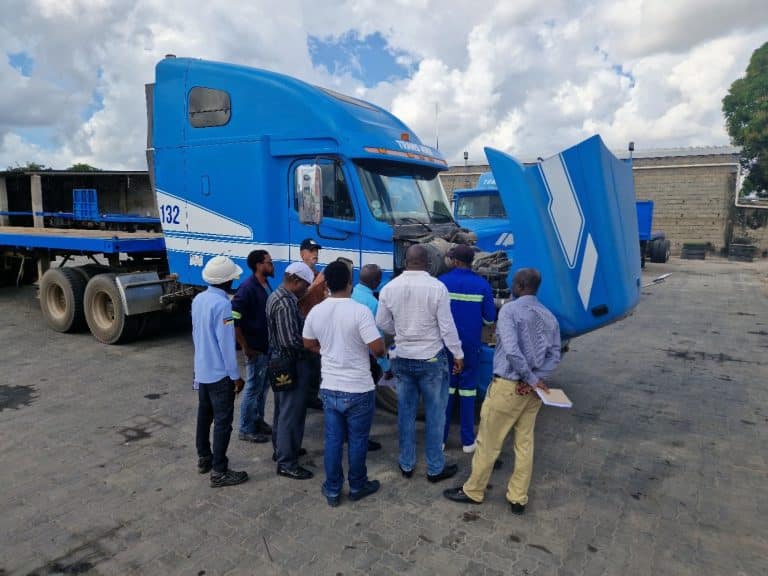
Project background
The DRAIVA project began in Mozambique in October 2021 and concluded at the end of September 2023. The project’s aim was to develop short refresher training courses to enhance the skill levels of Heavy Goods Vehicle (HGV) drivers and to train trainers to deliver these courses to drivers from small and medium enterprises.
Transaid partnered with EnergyWorks, a Mozambican training provider, to deliver this project across three provinces in Mozambique. Training was conducted in six cities: Maputo Province (Maputo and Matola), Sofala Province (Beira and Dondo), and Nampula Province (Nacala and Nampula).
This project was funded through the Employment and Skills for Development in Africa (E4D) programme of GIZ (Deutsche Gesellschaft für Internationale Zusammenarbeit GmbH), with additional funding from TotalEnergies. Lalgy, a large transport company in Matola near Maputo; Moz Gold Driving School in Beira; and TransARU, a medium-sized transport company in Nacala, provided training venues and vehicles for trainers.
Three courses were developed as part of the project:
- A one-day course titled “Transporting Cargo Safely (including an introduction to Dangerous Goods)”.
- A two-day course titled “Defensive Driving 1”.
- Another two-day course titled “Defensive Driving 2” with a more practical focus.
Results
Thirty-one trainers were trained, significantly exceeding the target of ten. These trainers came from nine driving schools, two training institutions, two associations, and seven transport companies. During the project’s duration, a total of 452 drivers were trained, surpassing the target of 400. These drivers completed an average of two courses each, with some completing one, two, or all three courses. All the training was fully subsidised by funds from GIZ and TotalEnergies, resulting in 944 course participants. The training was primarily conducted by driving schools, with EnergyWorks and Usalama being particularly proactive in attracting drivers for training. Some driving schools have also been effectively marketing the training commercially.
With ANEP (Autoridade Nacional de Educação Profissional) currently completing the requirements to register the combined three courses as one ANEP-registered course, and with several training institutions and driving schools actively marketing the new training offerings, the sustainability of this project’s training output looks promising for the long term.

